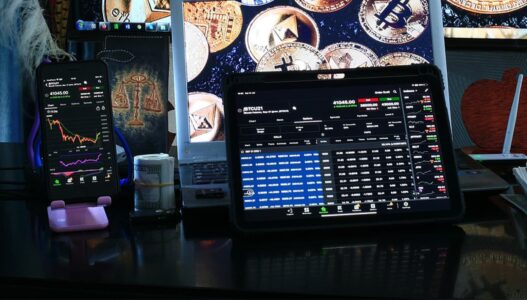Blockchain technology is very futuristic. It is not far-fetched to think of a future that will be built around it. Blockchain started as a public permissionless technology, later another type of blockchain was introduced, each for its own specific set of use cases. Public/permissionless blockchains are open, decentralized and slow, while private/permissioned blockchains are closed and centralized, partially or completely. Blockchain technology is also more effective for modernizing business processes.
Programming the blockchain architecture
Before a blockchain can be released, the important functions that make up its architecture and protocols must be defined. This must be written in code. For example, before the Bitcoin blockchain was released in 2009, the rules and regulations governing it were coded in C++. This type of coding is usually done using languages such as c and java, which run closer to the machine.
Creating a smart contract or decentralized application (DApp)
In a conventional centralized application, the backend code runs on centralized servers, while the DApp backend code runs on a decentralized peer-to-peer network. Similar to an app, a DApp can have its own front-end code written in any language and user interfaces that can make calls to the back-end.
Popular Blockchain programming platforms
Hyperledger
Hyperledger is a comprehensive open source blockchain project that helps develop technology and through leadership, it provides relevant tools, training and events to support the collaborative development of blockchain-based distributed ledgers. Its goal is to provide a modular blockchain technology that contains a rich, easy-to-use application programming interface (API). Hyperledger reduces security risks and ensures that only parties who wish to execute a transaction are parties to the transaction. Hence, Hyperledger provides all the features of blockchain architecture, data privacy, information sharing and immutability.
Ethereum
Ethereum is an open-source blockchain platform for developing decentralized applications or DApps that run on blockchain technology.The Ethereum blockchain platform facilitates the creation of scripts or smart contracts that run through nodes on the network. It simply does not track transactions but also programs them. Ethereum offers numerous programming options, C++, Go, Python, Java, etc. Smart contracts are created using Solidity, a contract-oriented high-level programming language.

